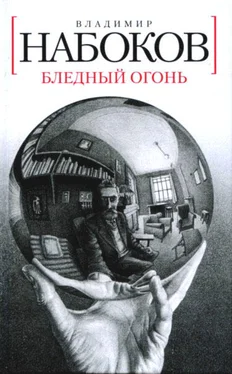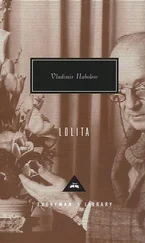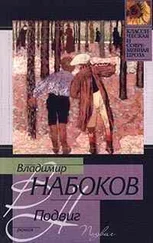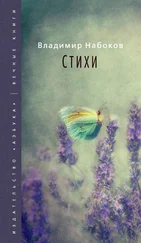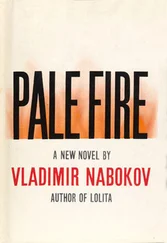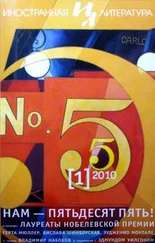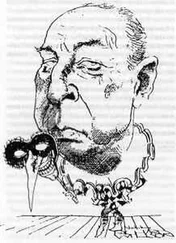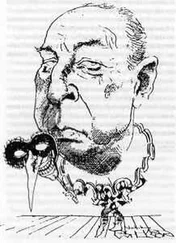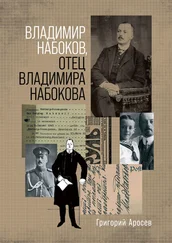All colors made me happy: even gray.
030 My eyes were such that literally they
Took photographs. Whenever I'd permit,
Or, with a silent shiver, order it,
Whatever in my field of vision dwelt —
An indoor scene, hickory leaves, the svelte
Stilettos of a frozen stillicide —
Was printed on my eyelids' nether side
Where it would tarry for an hour or two,
And while this lasted all I had to do
Was close my eyes to reproduce the leaves,
040 Or indoor scene, or trophies of the eaves.
I cannot understand why from the lake
I could make out our front porch when I'd take
Lake Road to school, whilst now, although no tree
Has intervened, I look but fail to see
Even the roof. Maybe some quirk in space
Has caused a fold or furrow to displace
The fragile vista, the frame house between
Goldsworth and Wordsmith on its square of green.
I had a favorite young shagbark there
050 With ample dark jade leaves and a black, spare,
Vermiculated trunk. The setting sun
Bronzed the black bark, around which, like undone
Garlands, the shadows of the foliage fell.
It is now stout and rough; it has done well.
White butterflies turn lavender as they
Pass through its shade where gently seems to sway
The phantom of my little daughter's swing.
The house itself is much the same. One wing
We've had revamped. There's a solarium. There's
060 A picture window flanked with fancy chairs.
TV's huge paperclip now shines instead
Of the stiff vane so often visited
By the naïve, the gauzy mockingbird
Retelling all the programs that she had heard;
Switching from chippo-chippo to a clear
To-wee, to-wee; then rasping out: come here,
Come here, come herrr'; flirting her tail aloft,
Or gracefully indulging in a soft
Upward hop-flop, and instantly ( to-wee! )
070 Returning to her perch — the new TV.
I was an infant when my parents died.
They both were ornithologists. I've tried
So often to evoke them that today
I have a thousand parents. Sadly they
Dissolve in their own virtues and recede,
But certain words, chance words I hear or read,
Such as «bad heart» always to him refer,
And «cancer of the pancreas» to her.
A preterist: one who collects cold nests.
080 Here was my bedroom, now reserved for guests.
Here, tucked away by the Canadian maid,
I listened to the buzz downstairs and prayed
For everybody to be always well,
Uncles and aunts, the maid, her niece Adéle,
Who'd seen the Pope, people in books, and God.
I was brought up by dear bizarre Aunt Maud,
A poet and a painter with a taste
For realistic objects interlaced
With grotesque growths and images of doom.
090 She lived to hear the next babe cry. Her room
We've kept intact. Its trivia create
A still life in her style: the paperweight
Of convex glass enclosing a lagoon,
The verse book open at the Index (Moon,
Moonrise, Moor, Moral), the forlorn guitar,
The human skull; and from the local Star
A curio: Red Sox Beat Yanks 5–4
On Chapman's Homer, thumb tacked to the door.
My God died young. Theolatry I found
100 Degrading, and its premises, unsound.
No free man needs a God; but was I free?
How fully I felt nature glued to me
And how my childish palate loved the taste
Half-fish, half-honey, of that golden paste!
My picture book was at an early age
The painted parchment papering our cage:
Mauve rings around the moon; blood-orange sun
Twinned Iris; and that rare phenomenon
The iridule — when beautiful and strange,
110 In a bright sky above a mountain range
One opal cloudlet in an oval form
Reflects the rainbow of a thunderstorm
Which in a distant valley has been staged —
For we are most artistically caged.
And there's the wall of sound: the nightly wall
Raised by a trillion crickets in the fall.
Impenetrable! Halfway up the hill
I'd pause in thrall of their delirious trill.
That's Dr. Sutton's light. That's the Great Bear.
120 A thousand years ago five minutes were
Equal to forty ounces of fine sand.
Outstare the stars. Infinite foretime and
Infinite aftertime: above your head
They close like giant wings, and you are dead.
The regular vulgarian, I daresay,
Is happier: he sees the Milky Way
Only when making water. Then as now
I walked at my own risk: whipped by the bough,
Tripped by the stump. Asthmatic, lame and fat,
130 I never bounced a ball or swung a bat.
I was the shadow of the waxwing slain
By feigned remoteness in the windowpane.
I had a brain, five senses (one unique),
But otherwise I was a cloutish freak.
In sleeping dreams I played with other chaps
But really envied nothing — save perhaps
The miracle of a lemniscate left
Upon wet sand by nonchalantly deft
Bicycle tires.
A thread of subtle pain,
140 Tugged at by playful death, released again,
But always present, ran through me. One day,
When I'd just turned eleven, as I lay
Prone on the floor and watched a clockwork toy —
A tin wheelbarrow pushed by a tin boy —
Bypass chair legs and stray beneath the bed,
There was a sudden sunburst in my head.
And then black night. That blackness was sublime.
I felt distributed through space and time:
One foot upon a mountaintop, one hand
150 Under the pebbles of a panting strand,
One ear in Italy, one eye in Spain,
In caves, my blood, and in the stars, my brain.
There were dull throbs in my Triassic; green
Optical spots in Upper Pleistocene,
An icy shiver down my Age of Stone,
And all tomorrows in my funnybone.
During one winter every afternoon
I'd sink into that momentary swoon.
And then it ceased. Its memory grew dim.
160 My health improved. I even learned to swim.
But like some little lad forced by a wench
With his pure tongue her abject thirst to quench,
I was corrupted, terrified, allured,
And though old doctor Colt pronounced me cured
Of what, he said, were mainly growing pains,
The wonder lingers and the shame remains.
There was a time in my demented youth
When somehow I suspected that the truth
About survival after death was known
170 To every human being: I alone
Knew nothing, and a great conspiracy
Of books and people hid the truth from me.
There was the day when I began to doubt
Man's sanity: How could he live without
Knowing for sure what dawn, what death, what doom
Awaited consciousness beyond the tomb?
And finally there was the sleepless night
When I decided to explore and fight
The foul, the inadmissible abyss,
180 Devoting all my twisted life to this
One task. Today I'm sixty-one. Waxwings
Are berry-pecking. A cicada sings.
The little scissors I am holding are
A dazzling synthesis of sun and star.
I stand before the window and I pare
My fingernails and vaguely am aware
Of certain flinching likenesses: the thumb,
Our grocer's son; the index, lean and glum
College astronomer Starover Blue;
190 The middle fellow, a tall priest I knew;
The feminine fourth finger, an old flirt;
And little pinky clinging to her skirt.
And I make mouths as I snip off the thin
Strips of what Aunt Maud used to call «scarf-skin.»
Читать дальше
Конец ознакомительного отрывка
Купить книгу
